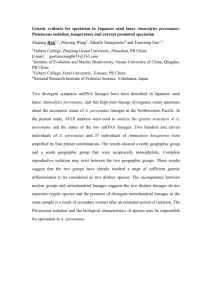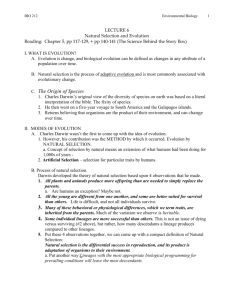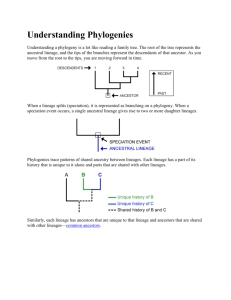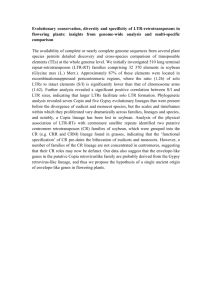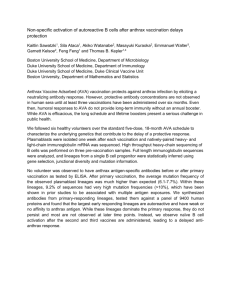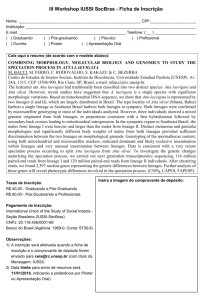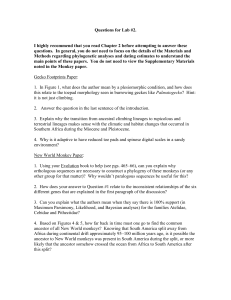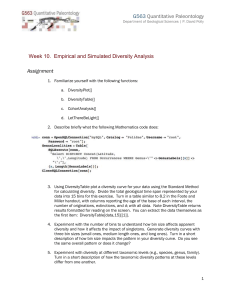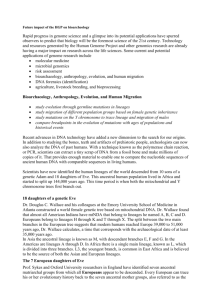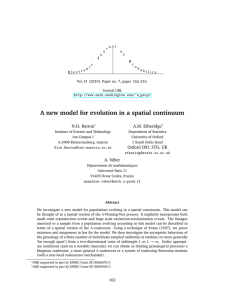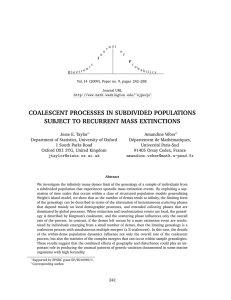China Throughout the past 150 years China's political economy has
advertisement
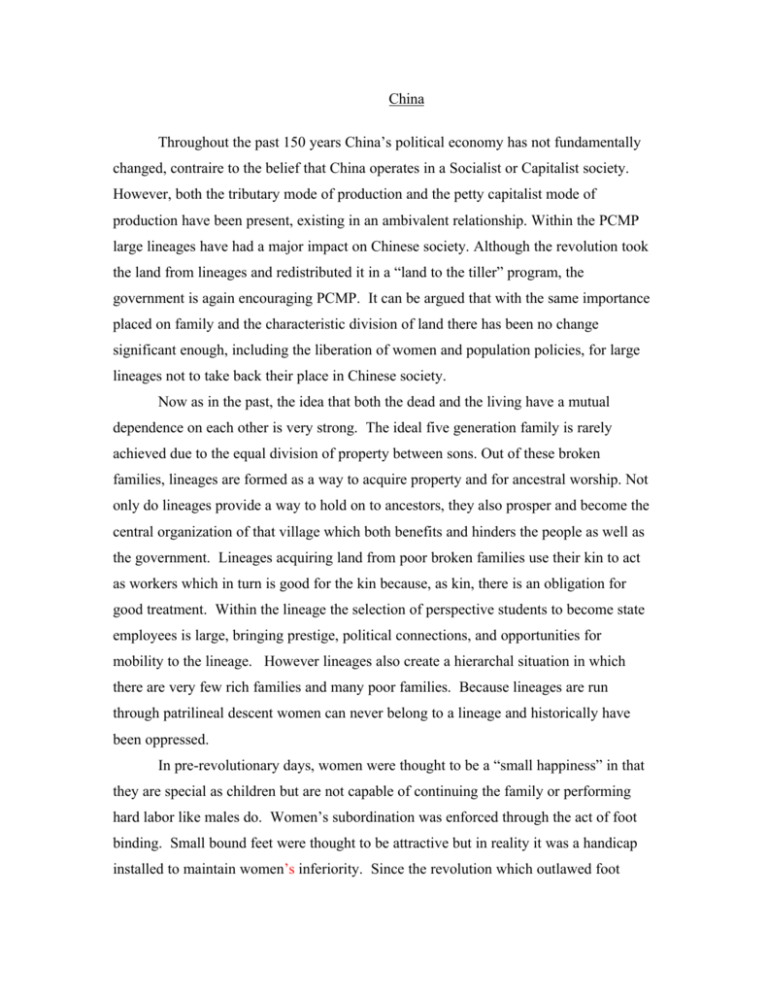
China Throughout the past 150 years China’s political economy has not fundamentally changed, contraire to the belief that China operates in a Socialist or Capitalist society. However, both the tributary mode of production and the petty capitalist mode of production have been present, existing in an ambivalent relationship. Within the PCMP large lineages have had a major impact on Chinese society. Although the revolution took the land from lineages and redistributed it in a “land to the tiller” program, the government is again encouraging PCMP. It can be argued that with the same importance placed on family and the characteristic division of land there has been no change significant enough, including the liberation of women and population policies, for large lineages not to take back their place in Chinese society. Now as in the past, the idea that both the dead and the living have a mutual dependence on each other is very strong. The ideal five generation family is rarely achieved due to the equal division of property between sons. Out of these broken families, lineages are formed as a way to acquire property and for ancestral worship. Not only do lineages provide a way to hold on to ancestors, they also prosper and become the central organization of that village which both benefits and hinders the people as well as the government. Lineages acquiring land from poor broken families use their kin to act as workers which in turn is good for the kin because, as kin, there is an obligation for good treatment. Within the lineage the selection of perspective students to become state employees is large, bringing prestige, political connections, and opportunities for mobility to the lineage. However lineages also create a hierarchal situation in which there are very few rich families and many poor families. Because lineages are run through patrilineal descent women can never belong to a lineage and historically have been oppressed. In pre-revolutionary days, women were thought to be a “small happiness” in that they are special as children but are not capable of continuing the family or performing hard labor like males do. Women’s subordination was enforced through the act of foot binding. Small bound feet were thought to be attractive but in reality it was a handicap installed to maintain women’s inferiority. Since the revolution which outlawed foot binding, women have been given more rights. They have been educated for better health, introduced to birth-control, and given some property rights. However, along with this newly acquired “freedom” another law has been imposed on women, due to the large population in China. In 1970 a law was enacted limiting Chinese families to one child. With this law came and increased amount of child murders due to the inevitability of producing female children. Male children are preferred as they are stronger for manual labor reasons and more importantly can carry on the family name. This population policy only increases the stratification between genders. It is the state that, unable to risk gender equality and unwilling to give up the household as a convenient administrative unit for the control of labor and means of production encourages the reproduction of a tributary system. Indeed, without massive affirmative action for women, Chinese households will continue to prefer sons and evade one child restrictions, attempting to recreate patrilinial families because the contemporary state, like that of imperial china, channels across to the means of production more through men than through women. The central government benefited from lineages as petty capitalist modes of production, encouraging lineages as a way to organize the agricultural production which provided the vast bulk of tribute. As well as being very self-sufficient; working out their problems mostly within the lineage and the lineage members acting as an agency for public works, lineages work as a system of tribute. The idea of filial piety and tribute given from the young to the old was something that the government encouraged and wanted to maintain. Although today the government does not stress filial piety as much, they do not reject it. Officials struggled and consistently supported the elements of Chinese kinship, which upheld tributary production, and distribution of society’s resources. Within the new government the tributary mode of production and the petty capitalist mode of production are still present. Indeed, the family ideal of generational depth still exists in Chinese society today. Although the revolution has liberalized women, the population standards that have been imposed have done much to maintain the stratification of gender. With an existing tributary mode of production encouraging a petty capitalist mode of production, assuredly large lineages will again have a major part in Chinese society. A Fine essay, well-written and well-organized. Yet I wonder how much effect the one child policy will have: with only one, and maybe even two sons, a father may not feel much necessity of putting land in trust. But in any event, starting lineages from scratch, as they always were in the past, takes a long time, 100-150 years just to see if its going to really take. I hope we’re around to see if your prediction comes to pass!
